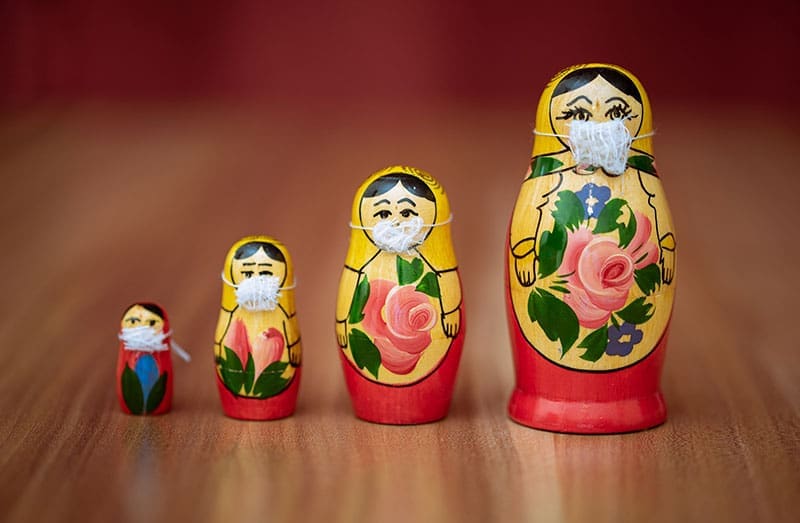Table of Contents
Information For Parents-To-Be

Having a baby during COVID-19?
Use Reliable Sources for Information
The latest advice from Healthdirect is as follows:
So far, there has been no evidence to suggest a pregnant woman with COVID-19 passes the infection on to their unborn baby. But at this stage, not enough is known about the virus, so pregnant women should do what they can to avoid any infection. If you have COVID-19 when your baby is born, every precaution will be taken to keep your baby safe so you can still have contact and breastfeed if you choose.
Here’s how you make sure to stay up-to-date with information relevant to you.
Find a good source relevant to your hospital or state such as;
Know your rights
It’s understandable you might feel uncertain about your rights in the light of Covid-19 guidelines. We encourage as much open communication as possible and we have also provided information for the most frequently asked questions.
“I’m glad I got to know my options as it allowed me to feel more in control when things started to change because of the virus.”
Lily Herbertson, Mother
Use Support Tools
Other great resources include:
Dr Emma Svanberg (cofounder of Make Birth Better) has written The ABCD of Coronavirus Anxiety to explain the psychological processes we’re going through.
“At times like this, it can be helpful to find ways to contain our anxiety and focus on what is ok. Focus on what we can do and not what we can’t. Focus on what is happening right now and not what could happen. One way of containing anxiety is better understanding how it is caused and maintained. That’s what the ABCD is all about."
Julianne Boutaleb, perinatal psychologist and founder of Parenthood In Mind shares some great advice in a piece called ‘What it feels like to be pregnant during a pandemic’.
“It’s about having a plan B, maybe a plan C and D as well, in case your partner becomes ill or if indeed you don’t have a partner. Gather some sense of who is available, who is well, who could stand in for the birth partner if necessary. Starting to talk with people about those sorts of scenarios.”
ABTA has a private Facebook support group for women who have experienced either psychological trauma and/or injuries from birth.
“Our brain really hates uncertainty and we’ve been plunged into a textbook high-uncertainty situation. That means we, especially those more prone to anxiety, have to be very deliberate in the way we manage uncertainty over the coming weeks.”
Kimberley Wilson, Psychologist
Here are some messages from Health Professionals
Read some positive birth stories
Shannon’s Experience of Birthing During COVID-19

I gave birth to my second daughter, Bronte, on the 3rd of April. My due date was the 6th of April, a few days before Easter. I went overdue with my first baby, so my OB had already discussed booking in an induction a before the long weekend. I was originally not keen on being induced as I’d heard all sorts of scary things, but my OB assured me that second babies were usually much easier to induce than first babies. This together with the fact that I had been in a lot of pain and discomfort for much of my pregnancy was enough to convince me to schedule an induction for 40+3…
We hope this page has helped you on your pregnancy journey during COVID-19. If you would like to connect with a peer mentor for a conversation with someone who ‘gets it’ please visit our P2P Chat page.
If you are concerned that you, or someone you know, may have Covid-19, use the Symptom Checker

